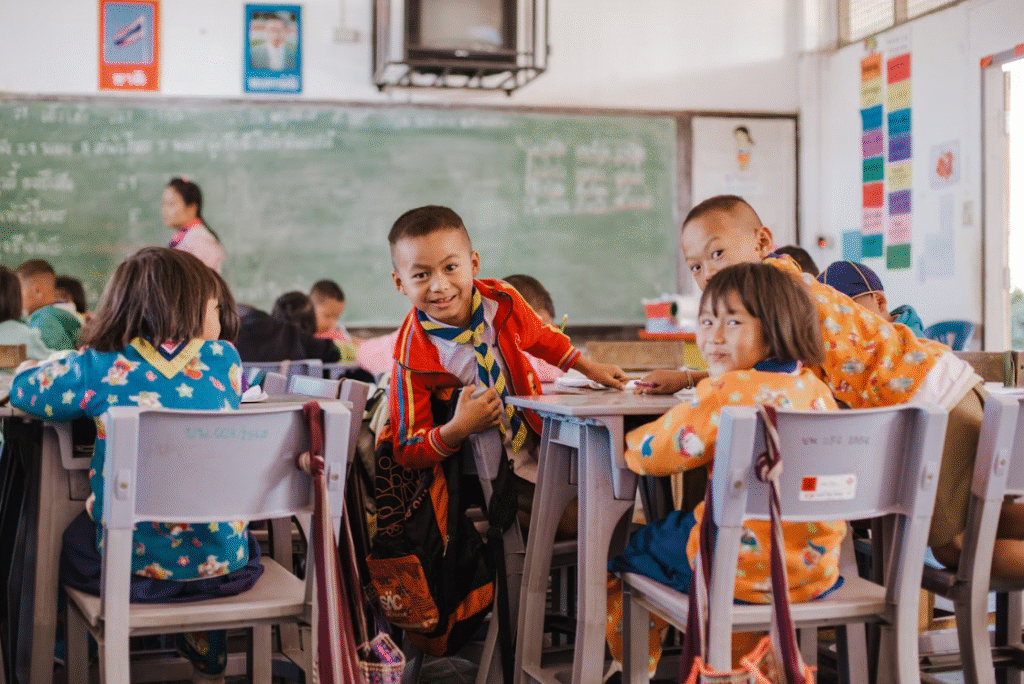By Worawan Klinsawai. The Hague, April 3, 2025.
The amendment to Section 1567 (2) of Thailand’s Civil and Commercial Code (CCC) entered into force on March 24th, 2025 to prohibit abusive punishments and the use of violence against children for disciplinary purposes. The legislation signifies a historic progress in strengthening child protection, making Thailand the 68th country in the world and the second country in the region to codify the ban on violent punishments against children.
The amendment to Section 1567 (2) of Thailand’s Civil and Commercial Code (CCC) entered into force on March 24th, 2025 to prohibit abusive punishments and the use of violence against children for disciplinary purposes. The legislation signified a historic progress in strengthening child protection, making Thailand the 68th country in the world and the second country in the region to codify the ban on violent punishments against children.
Prior to the amendment, Section 1567 (2) permitted punishments for disciplinary purposes at the discretion of parents or guardians without specifying the proportionality of such punishments. Violent disciplinary measures were also a widely tolerated practice in Thai households, including beating and devaluing the child’s dignity. Although children can take legal action against wrongful punishments and file for a restraining order, the existing child protection mechanism is not easily accessible and leaves the interpretation of wrongful punishments to the court. These loopholes leave children vulnerable.
The amendment of Section 1567 (2), therefore, strengthens child protection by narrowing down the scope to which parents and caregivers are allowed to discipline a child. However, they shall refrain from using abuse, corporal and psychological violence, or any wrongful acts. The legislation will be applied to all contexts in homes, schools, childcare facilities, and juvenile detention centres.
As the amendment aligns Thailand’s child protection law with the Convention on the Rights of the Child (1989), this significant change will carry the hope of shifting the traditional norm from violent disciplinary measures to more positive practices that focus on the best interest of a child. According to UNICEF Thailand, the Thai government is recommended to help parents and guardians integrate non-violent parenting through education to ensure the effective implementation of the legislation. Normative changes can be gradual, but the process can be accelerated when parents are informed of harm and drawbacks to child development as a result of violence.
Read more:
Suwannarat, S. (2025, March 27). Thailand bans corporal punishment of minors.








Comments